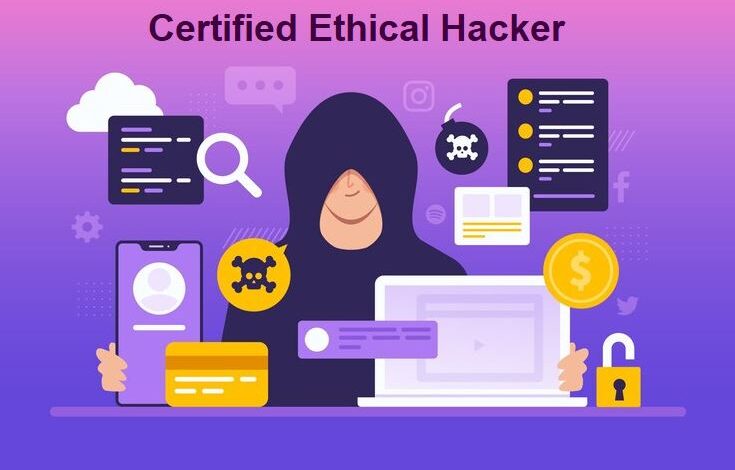
In today’s digital world, security hackers play a crucial role in cybersecurity, but their actions can vary greatly depending on their intentions. Hackers are often divided into two broad categories: ethical hackers and malicious hackers. Understanding these two types helps clarify their role in the broader cybersecurity landscape.
What is a Security Hacker?
A security hacker is someone with the technical knowledge and skills to exploit vulnerabilities in systems or networks. While hacking is often associated with illegal activities, not all hackers have malicious intent. In fact, many hackers work to protect systems by identifying weaknesses before they can be exploited by those with harmful intentions.
Types of Security Hackers
- White-Hat Hackers (Ethical Hackers): Ethical hackers are individuals who use their hacking skills to help organizations improve their security. They are often employed by companies or government agencies to perform penetration testing and security audits. Their role is to find vulnerabilities in systems and report them so that they can be fixed before malicious actors take advantage of them. These hackers follow legal protocols and work within a framework of authorization, which ensures that their activities are lawful.
- Black-Hat Hackers (Malicious Hackers): On the opposite end of the spectrum, black-hat hackers exploit vulnerabilities for personal gain or to cause harm. Their motives can vary from financial gain (such as stealing credit card information), political activism, or even simple disruption of services. These hackers often operate in the shadows, using tools and techniques to bypass security measures, causing significant damage to businesses and individuals.
- Grey-Hat Hackers: Grey-hat hackers occupy a space between white-hat and black-hat. These hackers may uncover vulnerabilities but do not necessarily have malicious intent. Sometimes, they may even report the vulnerabilities they find, but they may do so without the proper authorization, making their actions legally questionable. Their intentions may not be malicious, but they still engage in activities that can be harmful if not managed properly.
The Impact of Ethical Hackers
Ethical hackers are indispensable in today’s cybersecurity efforts. By proactively searching for security flaws and reporting them, ethical hackers help prevent data breaches, system disruptions, and other cyberattacks. Their work ensures that companies, governments, and individuals are protected from the growing threat of cybercrime. Many ethical hackers are employed by cybersecurity firms or as independent consultants, helping businesses protect their assets and build stronger defenses against cyber threats.
Malicious Hackers and Their Threats
On the other hand, black-hat hackers present a significant challenge to digital security. These individuals often use advanced techniques to steal sensitive information, disrupt services, or even ransom data. With the growing use of the internet, the threat posed by malicious hackers has only increased. They exploit vulnerabilities in software, hardware, and human behavior to gain unauthorized access to systems, leading to financial losses, reputational damage, and even breaches of personal privacy.
The Role of Law and Ethics
The key distinction between ethical and malicious hackers is their adherence to legal and ethical standards. Ethical hackers work with permission, following the law and contributing to the security of digital infrastructure. Malicious hackers, however, operate without consent and engage in activities that break the law, undermining trust and security.
Conclusion
Understanding the role of different types of hackers is essential for both individuals and organizations. Ethical hackers are vital for cybersecurity, identifying weaknesses before they can be exploited, while malicious hackers continue to present serious challenges to digital security. As cyber threats grow, the importance of fostering a larger community of ethical hackers will only increase. The battle between good and bad hackers will shape the future of cybersecurity in the years to come.